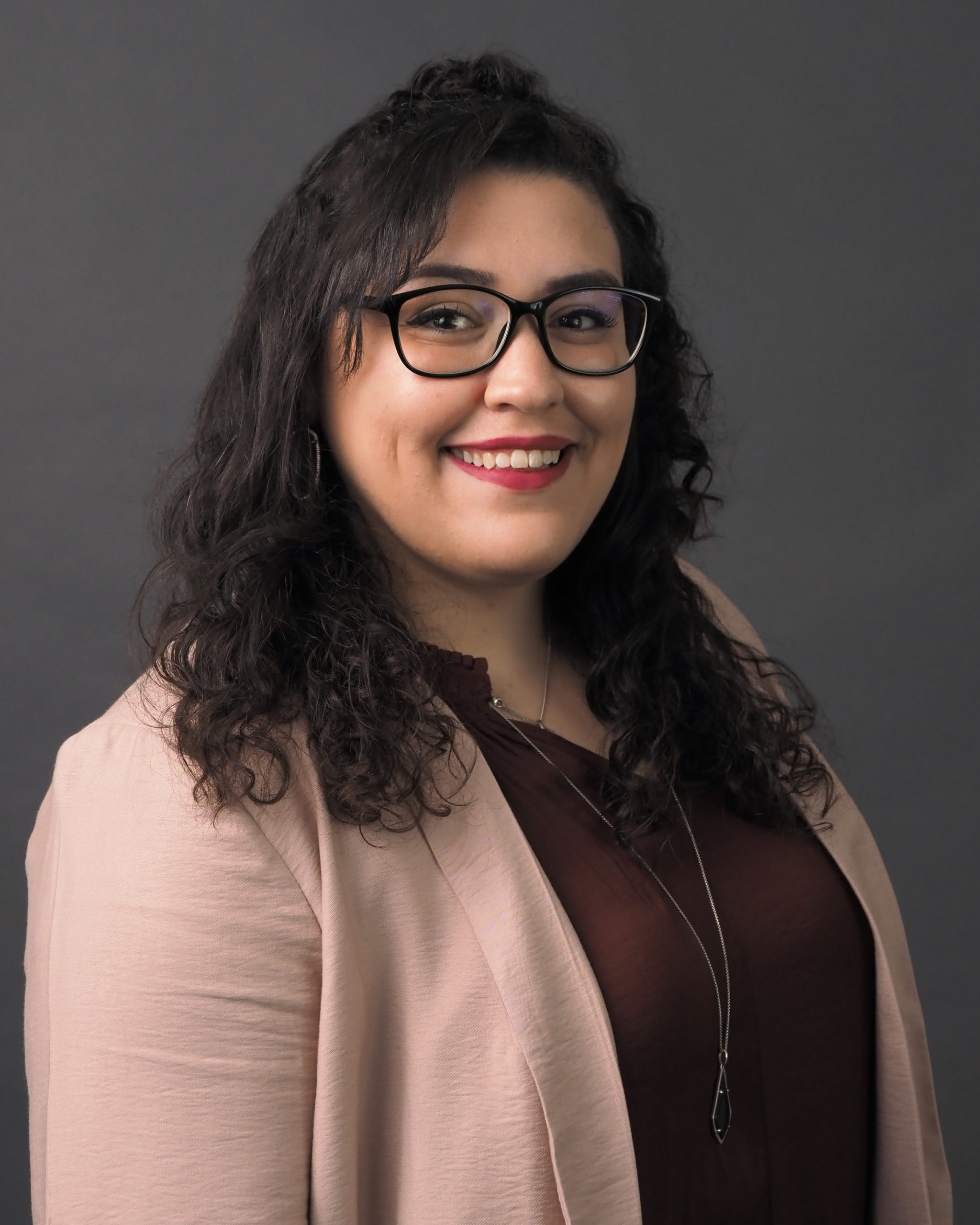Hello and welcome. Thank you for visiting my page. This page details who I am, my approach to therapy, and what you can expect from our work together. I am a Postdoctoral Fellow under the supervision of Drs. Carla Pulliam and Zane Dodd. The process of beginning or re-engaging in therapy can evoke a range of emotions – maybe uncertainty and apprehension or hope and curiosity. Regardless, the connection you feel with your therapist is a vital component to the therapeutic process. If you would like additional clarity to decide whether we would be a good fit, I am happy to have a brief phone consultation to learn more about what brings you to therapy and to further discuss my approach to the therapeutic relationship.
Understanding how we relate to others—and to ourselves—is at the heart of psychological growth. Our ability to form healthy connections, cultivate a compassionate, self-aware relationship with ourselves, communicate authentically, and navigate emotional landscapes shape every aspect of our lives, from relationships to self-esteem. Because we as humans are relational in nature, both our past and present experiences in relationships impact our development and overall well-being. Through a collaborative style, and wide range of clinical experiences, I hope to help you more fully know and understand yourself to produce more empowering and enduring changes that help you live a more fulfilling life.
I completed my PhD in Clinical Psychology at the University of North Texas and predoctoral internship at the VA North Texas Health Care System in Dallas, Texas. Through these experiences, I have had the opportunity to work with clients of diverse backgrounds and identities, ranging from adolescents to adults across the lifespan. I have learned many modalities and interventions to assist clients with a variety of concerns such as isolation and loneliness, trauma, substance abuse, personality disorders, anxiety, depression, anger management, emotional avoidance, low self-esteem, role transitions, multicultural and identity concerns, relational concerns, insomnia, chronic pain, and building distress tolerance. Although I take a more relational and emotion-focused approach to therapy, I also enjoy integrating various evidence-based interventions when needed (e.g., cognitive behavioral therapy, acceptance and commitment therapy, dialectical behavioral therapy, interpersonal therapy).
I view therapy as an open, non-judgmental, and safe space to process one’s experiences, thoughts, and emotions, as well as a space to develop tools and skills to better address the problems in one’s life. I prioritize meeting you where you are, respecting your intersecting identities, and helping you navigate the path of where you want to be. I place particular focus on developing a strong therapeutic relationship based in warmth, empathy, compassion, and unconditional acceptance. By creating a secure and collaborative environment, I hope to encourage curiosity and exploration, as well as the development of a supportive relationship that values authenticity, self-reflection, self-expression, and mutual commitment to growth. This process can lead to increased well-being and resiliency.
Fun Tidbit: In my free time, I enjoy traveling, exploring new restaurants and coffee shops, watching Netflix, being in nature, and spending time with my partner, family, and friends.
Contact:




